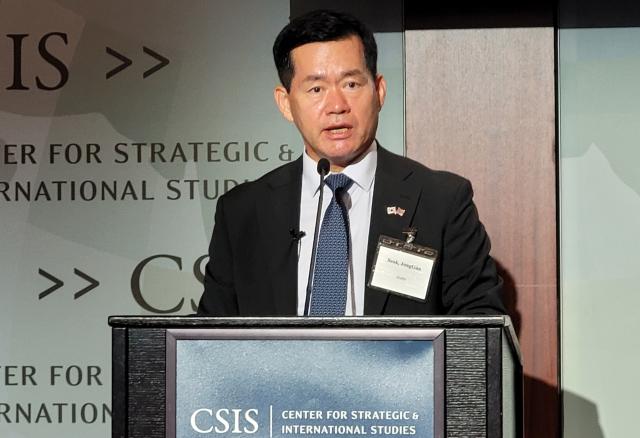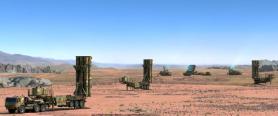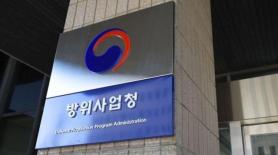
SEOUL, September 18 (AJP) - South Korea's defense procurement chief said in Washington, Wednesday (local time), that talks are advancing with the United States on shipbuilding and defense industry cooperation, including the long-delayed Reciprocal Defense Procurement Agreement, which would allow Korean companies greater access to U.S. contracts.
Seok Jong-geon, head of South Korea’s Defense Acquisition Program Administration (DAPA), said he is focusing on addressing legal obstacles that have hampered collaboration between their shipbuilding sectors. He is scheduled to meet senior U.S. defense and navy officials to press the issue further.
At the heart of the problem are longstanding U.S. regulations such as the Jones Act, which restricts foreign shipbuilders’ participation in the American market by requiring vessels operating between U.S. ports to be built domestically.
South Korean shipbuilders — including Hyundai Heavy Industries and Hanwha Ocean — are world leaders in both commercial and military ship construction, but they face tight limits when it comes to direct involvement in U.S. naval and commercial projects.
“The leadership of both countries must act swiftly to resolve these barriers,” Seok said, adding that South Korean firms are eager to expand cooperation. Hanwha’s overseas shipyard in the Philippines, he noted, cannot by itself meet U.S. requirements for new vessels.
To bridge the regulatory gap, Seok proposed several models of cooperation. These include prioritizing Korean-made parts for U.S. ships, assembling ships in U.S. shipyards from pre-fabricated blocks built in Korea, and constructing ships in Korea to a basic operational level before installing sensitive systems in the United States. Such hybrid approaches, he said, could boost U.S. shipbuilding capacity while safeguarding national security concerns.
The talks come as the U.S. Navy struggles with production bottlenecks and cost overruns in its shipbuilding programs, while South Korea’s shipyards continue to rank among the most competitive globally. For decades, Korean companies have been dominant in commercial shipbuilding — particularly LNG carriers — and are now expanding aggressively into naval vessels, including destroyers, submarines and amphibious ships.
Another item under negotiation is the U.S.–South Korea Reciprocal Defense Procurement Agreement (RDPA), which would allow the two countries to treat each other’s defense companies as domestic suppliers in government contracts. While Seoul has pressed for the deal, Washington has delayed approval amid concerns about potential impacts on U.S. workers and shipyards.
Seok expressed optimism that the RDPA could be concluded once remaining U.S. procedures are resolved, saying it would strengthen alliance-based defense supply chains. “This agreement is critical to overcoming protectionist barriers and enabling practical cooperation in naval shipbuilding,” he said.
* This article, published by Aju Business Daily, was translated by AI and edited by AJP.
Copyright ⓒ Aju Press All rights reserved.




